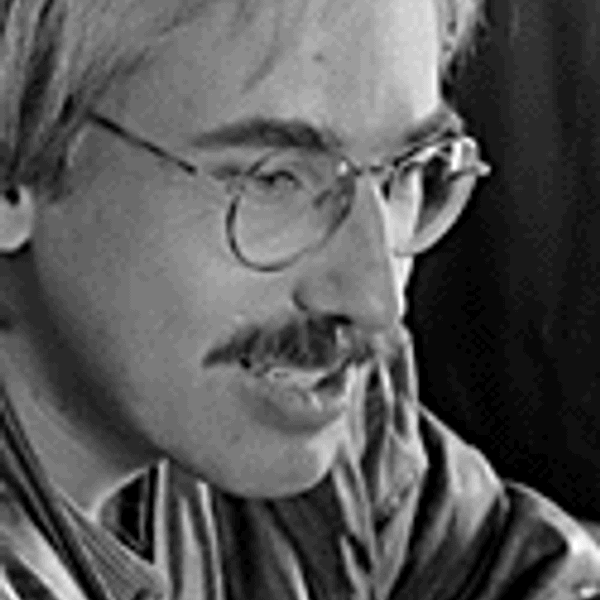Lia Purpura, Skate’s Egg Case (detail), featured in AGNI 102
Yerevan on the Charles: An Homage to Diana Der-Hovanessian
The names one heard from poets coming of age in Boston in the last quarter of the twentieth century were Robert Lowell, Elizabeth Bishop, Daniel Varoujan, Charles Olson, Eghishe Charents, John Wieners, and of course Siamanto. We were all aware of the heroic generation of Armenian modernists, martyred by the genocidal repression led by Sultan Abdul Hamid II, and the Young Turks. Their tragic deaths forced us all to reflect on the importance of poetry in a time of crisis. We knew their poems and stories largely thanks to the genius of one person, a Cantabrigian by the name of Diana Der-Hovanessian.
The New England Poetry Club, which Diana presided over for decades, was founded by Amy Lowell, Robert Frost, and Conrad Aiken in 1915. When I moved to New England in 1976 I wasn’t prepared for how seriously the region took its name. A starchy Yankee style still characterized literary Boston. Lowell and Bishop seemed to set a tone of louche formality—of high teas spiked with gin, and pregnant mumbling about Henry James in the shadow of Harvard’s towering William James Hall.
While Diana lived around the corner from the childhood homes of both ee cummings and Henry James, she proved a democratic and welcoming steward of traditions both local and international. Thanks to her, NEPC was perhaps the most cosmopolitan literary circle in town. At her home I met writers like Thomas Tranströmer and Yves Bonnefoy, as well as Richard Eberhardt and Lawrence Ferlinghetti. It was also where I met the poet Peter Balakian, who has assumed, among several mantles, that of literary ambassador for Armenia.
A person of great warmth, loyalty, and commitment to poetry, Diana often hid behind a persona that made her appear shy and slightly befuddled. But she had clearly taken James’s counsel to heart: she was a person on whom nothing was lost. There were so many ways in which Diana was singular in the literary world. Among other things, she never uttered a mean word about anyone.
For those of us with multiple literary identities, Diana’s loyalty to her heritage was both moving and encouraging. Diana showed the way. She honored her roots while nurturing the contemporary literary scene with passionate generosity, gentle humor, and an unwavering faith in the importance and power of poetry. We are all strengthened by her example.

Askold Melnyczuk
Askold Melnyczuk—the founding editor of AGNI, for which he received the PEN/Nora Magid Award for Magazine Editing—is the author of four novels and a book of stories. What Is Told (Faber, 1994), was the first commercially published work of fiction in English to highlight the Ukrainian refugee experience and was named a New York Times Notable. Other novels have been selected as a Los Angeles Times Best Book of the Year and an Editor’s Choice by the American Library Association’s Booklist. His most recent book is a collection of stories, The Man Who Would Not Bow. His selected poems, The Venus of Odesa, is forthcoming from Mad Hat in summer 2025. A book of selected nonfiction, With Madonna in Kyiv: Why Literature Still Matters (More than Ever), will be published by Harvard University Press in 2026. He has edited a book of essays on the St. Lucian Nobel Prize–winning poet Derek Walcott and is coeditor of From Three Worlds, an anthology of Ukrainian writers from the 1980s generation. He’s the recipient of a Lila Wallace-Reader’s Digest Writers Award for fiction, the Heldt Prize for translation, and the George Garret Award from AWP for his work in the literary community. Individual poems, stories, essays, and translations have appeared in The New Yorker, The Paris Review, The Gettysburg Review, The Missouri Review, and elsewhere. Also the founder of Arrowsmith Press, he has taught at Boston University, Harvard, and Bennington College and currently teaches at the University of Massachusetts Boston. (updated 5/2025)
